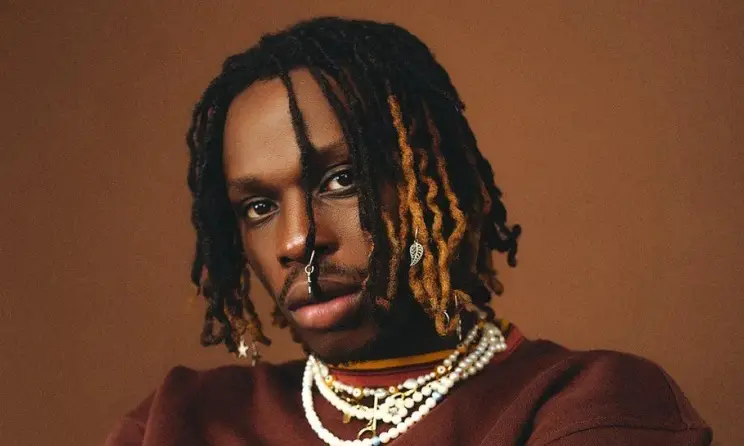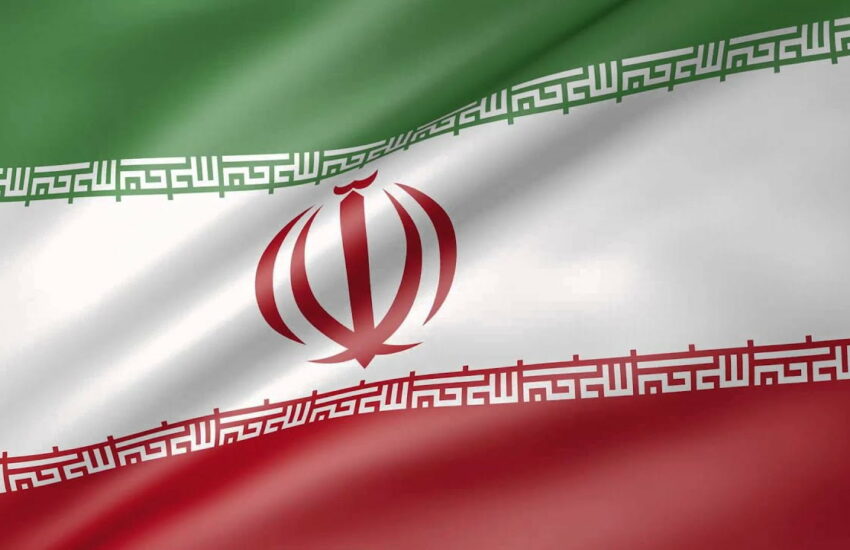Afrobeats musician David Adeleke, better known by his stage name Davido, has declared himself to be the best Nigerian musician
Continue reading
Latest News, Entertainment, Sport and Immigration Update

Afrobeats musician David Adeleke, better known by his stage name Davido, has declared himself to be the best Nigerian musician
Continue reading
Joseph Akinfenwa Donus, better known by his stage as Joeboy, is a musician from Nigeria who has shown an interest
Continue reading
Time magazine’s 100 Most Influential People of 2024 list features only one rapper, 21 Savage, who is based in the
Continue reading
Singer Fireboy DML of Nigeria has stated time and time again that he does not play Afrobeats music. His music,
Continue reading
Rihanna has publicly stated her desire to collaborate with Nigerian sensation Ayra Starr, therefore Starr’s dream collaboration may soon come
Continue reading
Muslim Media Watch Group of Nigeria (MMWG), an NGO, has urged President Bola Tinubu to save Nigeria’s education system from
Continue reading
Foreign Minister Israel Katz of Israel said on Thursday that Iran poses a threat to world peace and stability like
Continue reading
The US and UK imposed sweeping penalties on Thursday on Iran’s military drone program in retaliation for the Iranian strike
Continue reading
In an effort to ensure that supermarkets around Abuja show prices and comply with quantity regulations, the Federal Competition and
Continue reading
The tensions between the two countries have been rising, and on Thursday, Iran warned that it will “reconsider” its nuclear
Continue reading